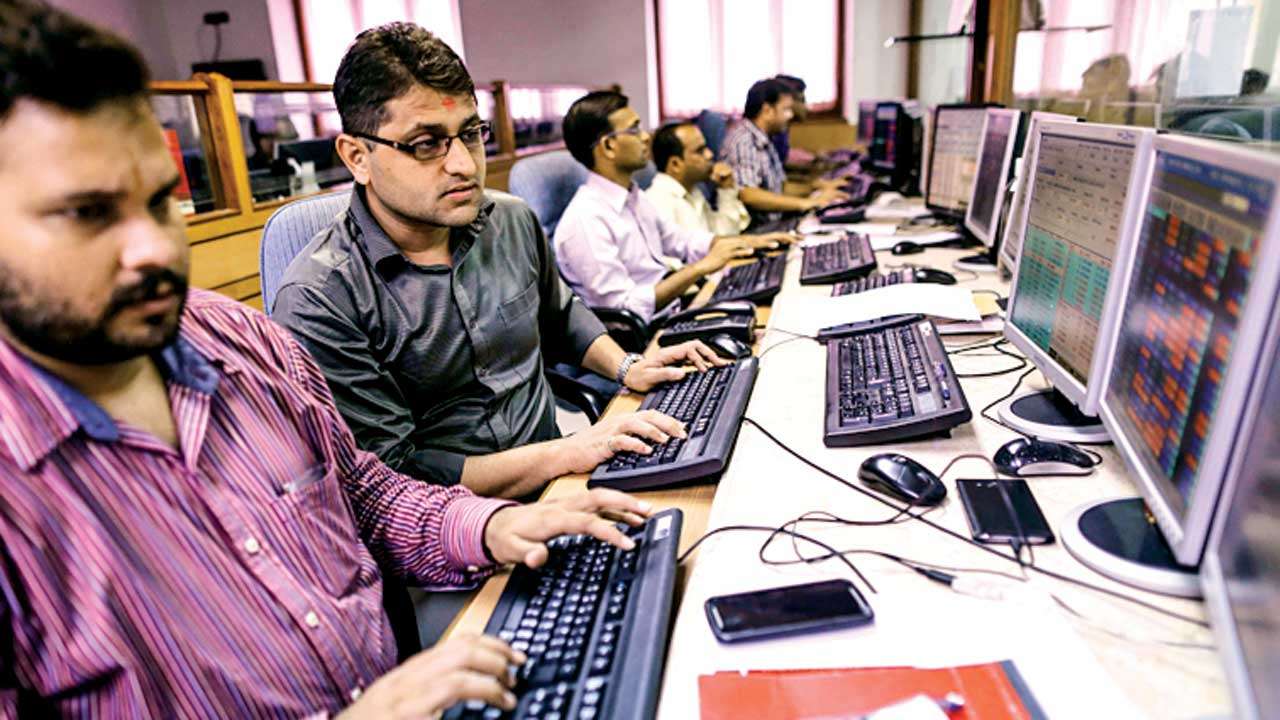
It is high time for the Reserve Bank of India (RBI) to consider the one-time transfer of at least around Rs 2.50 lakh crore to the government account. It is crucial to consider such help whichever party comes to power at the centre. There are two major reasons to justify such help from the RBI to the fiscal authority (the Government).
Since 1985, the central government has transferred over Rs 3.44 lakh crore to the public sector banks (PSBs) towards recapitalisation. However, the recapitalisation in the just four years ending FY2019 is estimated to be over Rs 2.44 lakh crore, which is 71% of the total quantum of recapitalization executed over a 33-year period. Ballooning non-performing assets (NPAs) of the PSBs over the years has led to the recapitalisation of PSBs.
If the agricultural sector has been the primary cause of such a spike in the bad assets of the banks, then the various governments could have been partly blamed as the governments had frequently encouraged the loan waiver. However, a predominant portion of NPAs is accounted for by the corporate world. In such a scenario, forcing the government to write the cheques for rescuing the PSBs is unfair. It is the job of the monetary authority to ensure the health of the PSBs when the fiscal measures of various governments are not the major reasons behind the surge in NPAs and the consequent erosion of capital of PSBs.
Moreover, the need for fiscal stimulus has increased on account of certain structural issues in the industrial and service economies. In the last 15 to 20 years, IT and telecom sectors, which contributed phenomenally to the growth and job opportunities in the system, are now seeing their growth tapering off. In the telecom sector, most players are making losses, impacting job opportunities as well. IT sector too growing in poor single digits its revenues in dollar terms due to large base effect and also a slowdown in the global demand for these services. The pharmaceutical sector also lost is growth momentum in both revenues and profits from exports due to regulatory issues and pressures on realisation from importing countries. The steep spike in the asset prices has impacted the real estate and construction sectors on the domestic front.
Global trade wars, quite unique in recent decades, impacted the steel and metal sectors. While growing e-commerce is making consumers as the 'real kings' in terms of lower prices, the same is impacting the growth of the traditional model of retailing. The structural issues concerning growth are unlikely to change in the short to medium terms. Hence, there is a need for the RBI to assume the responsibility for the monetary issue and compensate the fiscal authority at least to the extent of Rs 2.44 lakh crore which has been infused by the government into the PSBs in the four-year period ending FY2019. The same resources can be used by the government, post-election, to support the fiscal stimulus, which can boost the aggregate demand and thereby the domestic economic growth.
The writer is founder and managing director, Equinomics Research and Advisory